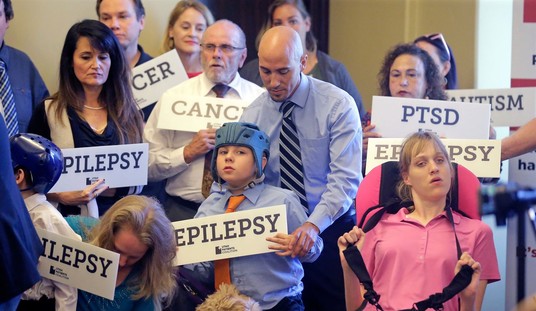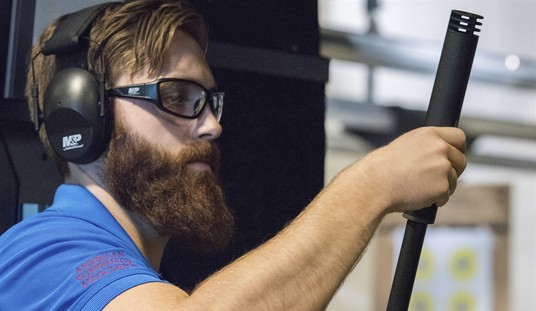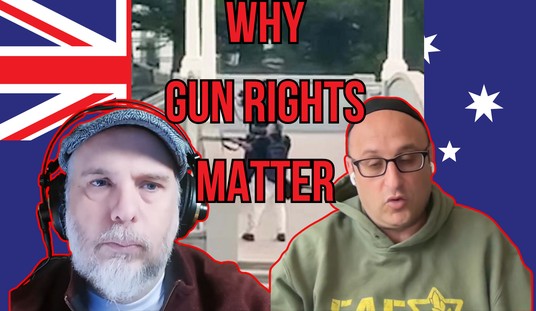The U.S. Supreme Court has rejected a case from the National Rifle Association (NRA) concerning the state of California’s use of revenue from gun-transfer fees. According to the NRA, the payment should only cover what it is intended to. However, in 2011 California passed legislation that allows a portion of the fee to apply to another government-funded system.
In California, if an individual is interested in purchasing a firearm, the purchaser must pay the cost of the required background check. Officially known as the Dealers Record Of Sale (DROS) fee, the payment “covers the costs of the background checks and transfer registry.” In addition to covering the background check, $5 of the $19 is used to help fund a California government system known as the Armed Prohibited Persons System which aims to find criminals who have a firearm illegally.
Here’s more from Bloomberg:
In 2011 California enacted a law that said the money could also be used for the state’s Armed Prohibited Persons System. That program targets an estimated 18,000 people who acquired their weapons legally but then became ineligible to own a gun because of a criminal conviction, domestic-violence order, or mental-health condition.
In 2013 the California legislature appropriated $24 million derived from transfer fees to pay for the APPS program.
A San Francisco-based federal appeals court upheld the funding system, saying the government was pursuing “an important public safety interest.”
“There is a reasonable fit between the government’s interest and the means it has chosen to achieve those ends,” Judge Sidney Thomas wrote for the three-judge panel.
The NRA and its allies said the state was putting an unconstitutional burden on Second Amendment rights.
“The government may not impose excessive monetary exactions on constitutionally protected activity and divert that money to fund other government operations,” the group argued in the appeal.
While California does not appear to be wasting the money or putting the funds toward an ignoble cause, the constitutionality of using excess funds for another government system is up in the air. According to the NRA, an individual looking to purchase a firearm should only pay what is necessary to cover the background check and transfer registry costs, nothing more.
Though the Supreme Court decided not to take up the case this time around, the NRA will most likely continue to fight against this California gun law.
Do you agree with the NRA that California’s use of the extra money for another government operation is unconstitutional?








Join the conversation as a VIP Member